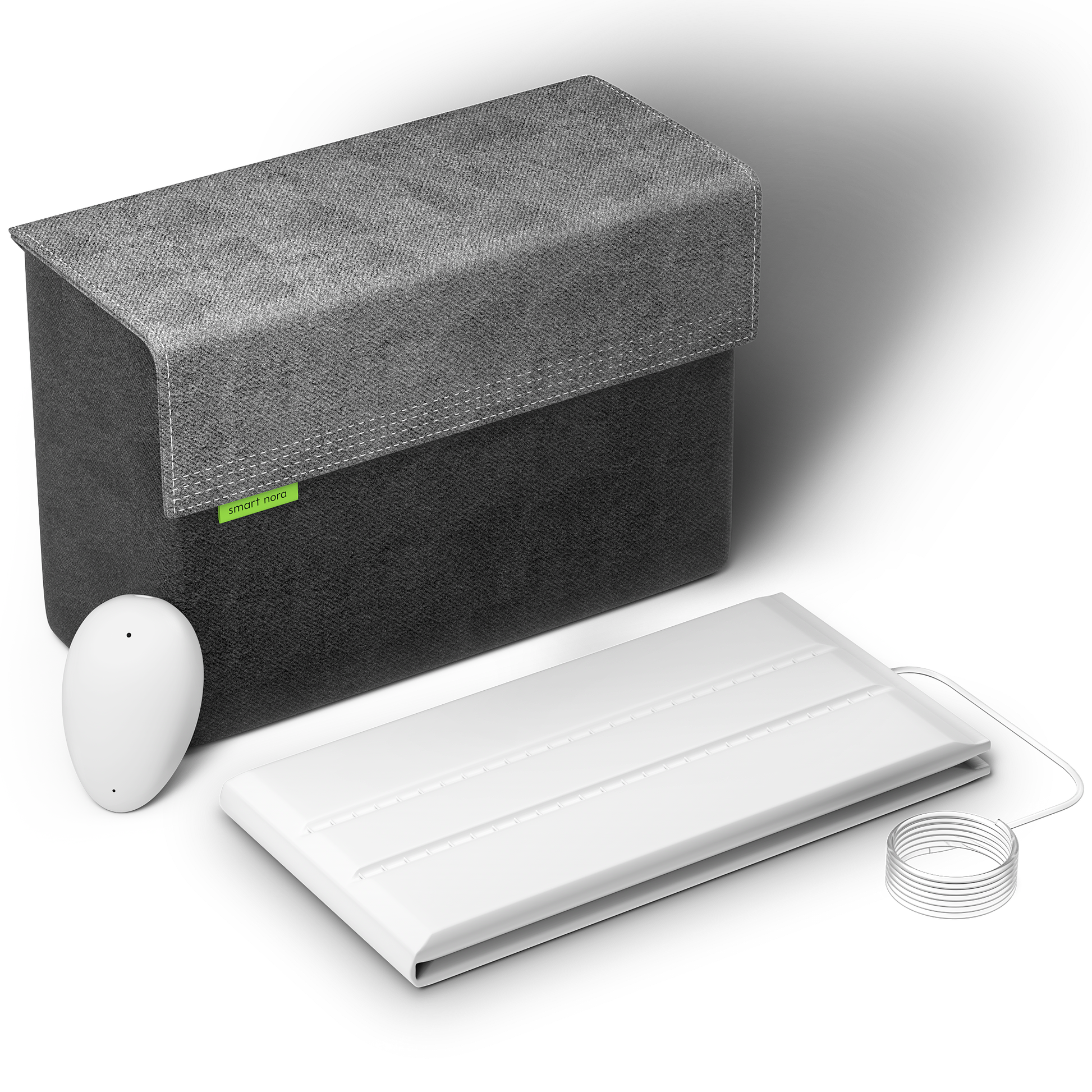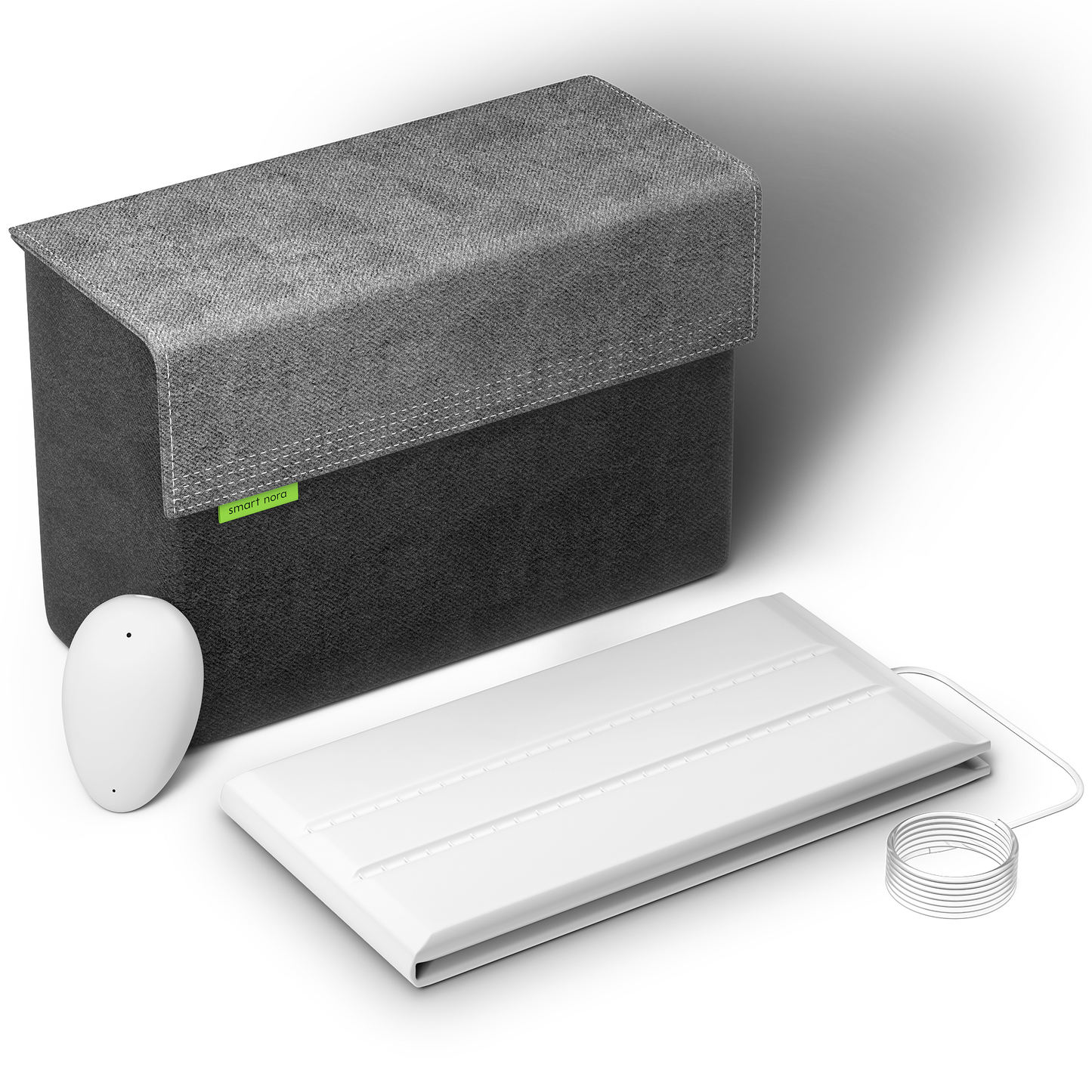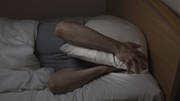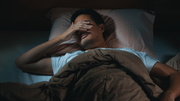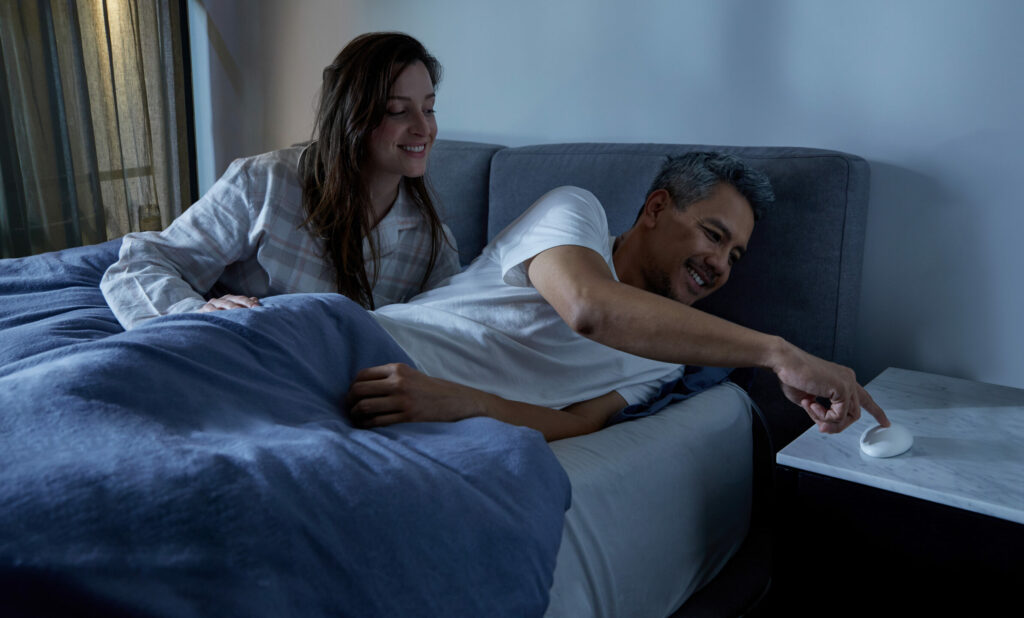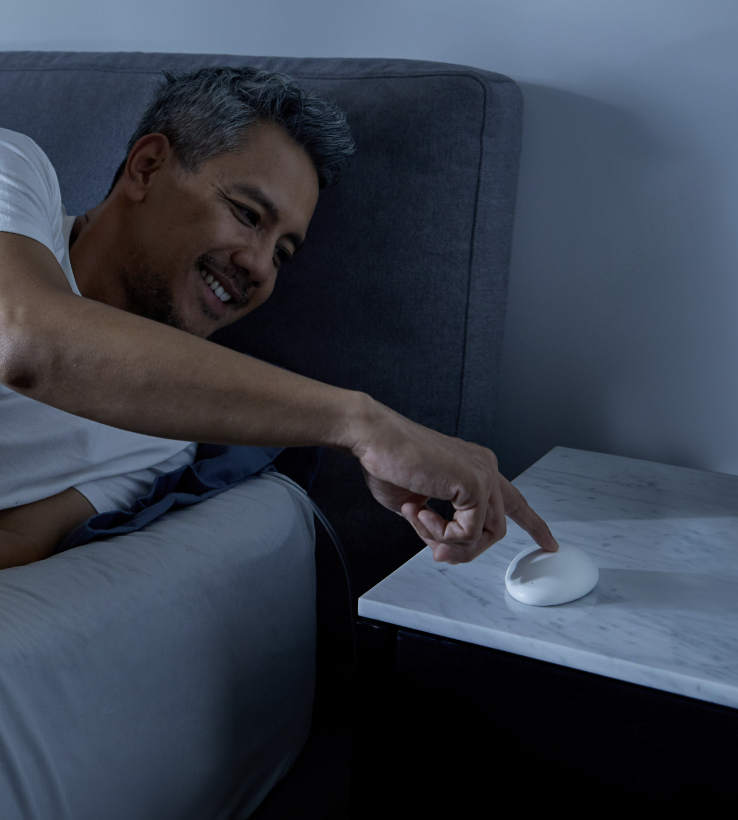A survey shows up to 70 million Americans have a sleep issue. And whether or not they have a sleep disorder, over one-third of Americans consistently fall short of sleep.
Short-term effects of sleep deprivation include impaired decision-making, lousy mood, impaired memory, and an increased chance of life-threatening mishaps and injuries. Chronic sleep deprivation over time may cause various health issues, including obesity, diabetes, and cardiovascular disease.
That’s where sleeping pills come in the picture.
Americans are sleeping less than ever because of work, leisure, and family pressures. So it is not surprising how a good night’s sleep sometimes seems like a medicine cabinet away. Millions of people use over-the-counter and prescription sleeping pills to sleep and improve sleep quality.
When used appropriately, sleeping medications are pretty helpful for people who have trouble falling asleep and staying asleep. But these pills may cause you more harm than you realize.
What are Sleeping Pills?
Sleeping pills, as their name implies, help you sleep. Other names for these medications include sedative-hypnotics or tranquilizers. These drugs may be used by people with sleep disorders, including insomnia.
An estimated one in seven Americans suffers from chronic sleeplessness. As you become older, sleep issues worsen. In the US, almost one-third of seniors use sleeping medications.
Sedative hypnotics are the pharmacological class that includes sleeping medicines. The three drugs that are most frequently given are Ambien, Sonata, and Lunesta. Experts recommend briefly using these pills to treat insomnia and other sleep disorders. Plus, these pills should only be taken in minimal dosages, as your physician recommends.
Care must be taken when using any drugs or sleep aids. You should never mix them with alcohol, for example. Incorrect use of prescription sleeping pills, in particular, can cause disturbed sleep habits, including sleep-eating and sleep-driving.
Types of Sleeping Pills
Prescription sleeping medications, often known as sedative-hypnotics, come in various forms. Generally speaking, these drugs slow down the nervous system by acting on receptors in the brain. While some sleep aids silence the part of the brain that keeps you aware, others make you drowsy.
Some drugs are more effective in helping people fall asleep; others allow them to stay asleep for an extended period. So yes, there are different sleeping medications, and every drug operates differently. Here is a list of the most commonly prescribed sleeping pills:
- Relieves Anxiety and Reduces Seizures: In the past, doctors recommended benzodiazepine medications as depressants that worked as a sedative and relieved anxiety. But then it was found that there is a significant chance of physical overdose and addiction to benzodiazepines.
- Treats Insomnia: Another prescription drug that helps with insomnia and other sleep troubles is Rozerem (melatonin receptor agonist). It works by acting like melatonin, a hormone that the body makes on its own when it’s time to sleep.
- Controls Stress Levels: Gamma-aminobutyric acid (or GABA) pharmaceuticals are a more recent type of sleep aid that physicians are more likely to recommend to not only help with sleep problems but also reduce anxiety, stress, and fear. These pills can also be addictive.
- Relieves Allergies: Various standard over-the-counter sleeping medications primarily contain antihistamines as their active component to induce sleep. Antihistamines have the drawback that their sedative effects frequently linger well into the following day, causing a hangover effect. Plus, if you use them often, they may also result in headaches and forgetfulness. Experts in sleep medicine advise avoiding using them frequently due to these problems.
Are Sleeping Pills Effective?
According to studies, sleeping drugs won’t help you get a decent night’s sleep. Most users of sleep medications experience a speedier time to sleep, ranging from eight to twenty minutes. So, you might get an extra 35 minutes of sleep on average.
They might be beneficial if you can’t sleep due to a traumatic life event, such as a divorce or a death in the family. In any case, you should generally use sleep aids for the short term.
Understanding the Side Effects of Sleeping Pills
On the surface, prescription sleep drugs can seem like the ideal cure for insomnia. You pop a pill, and a few minutes later, you fall asleep. Even though sleeping pills can be helpful, many people don’t know they also have serious risks and side effects.
Some common side effects of sleeping pills are drowsiness, foggy thinking, dizziness, and balance issues. These daytime side effects may adversely affect your capacity to operate a vehicle, work, and carry out daily duties.
This happens because of diphenhydramine, an anticholinergic drug found in many over-the-counter sleep aids. It stops a chemical in the brain (called acetylcholine) from doing its job. Its job is to help activate muscles and allow the brain to stay awake, learn, and remember. Because of this blocking effect, these over-the-counter medicines can cause constipation, confusion, and other side effects.
Plus, when you take prescription sleeping pills for a long time, your body gets used to them, and you need progressively higher doses to get the same effect, which is to help you sleep.
Some other side effects that sleeping pills might have are:
- Dependence on drugs
- Drug tolerance
- Rebound insomnia
- Withdrawal symptoms
However, do not stop taking these medications suddenly if you have been doing so for a while. Work up a schedule to safely cease taking them; consult your doctor.
When to Take Sleeping Pills?
However, there are cases when taking sleeping pills is not the worst idea. Sleeping pills are generally a safer bet in the following conditions:
- If you know you will be able to sleep for at least seven to eight hours.
- If your doctor has suggested sleeping pills as a solution after a thorough examination
- Take your sleeping tablet right before you intend to go to bed after finishing all of your evening activities.
- Read the medication guide for patients to learn how and when to take your prescription and the possible adverse effects.
- Take some prescription sleeping medications temporarily. Don’t forget to ask your doctor for guidance.
Some sleeping pills may help when you need a medicine for insomnia that stays in your body longer. For instance, they have been used effectively to treat sleep problems like sleepwalking and night terrors. But even these drugs don’t come without side effects.
When to Avoid Sleeping Pills?
Physical addiction, in which the body gets used to a drug and reacts physiologically if you stop using it, and psychological addiction, in which you think you can’t sleep without pills, can both happen simultaneously, but it’s rare. This is why you should avoid sleeping pills if you’ve been taking them for some years now. Easier said than done, yes, but upon consultation with your doctor, you will realize there are easier and less harmful ways to sleep peacefully. An alarming factor to consider here is – if you are avoiding your responsibilities. If this is the case, then perhaps it’s time to consider whether or not sleeping pills are the best option for you.
You should also avoid sleeping pills if you have had drinks that evening or if you are planning to drive. Pregnancy might make it hard for you to sleep, but please do not resort to sleeping pills. Reach out for help from your partner or consult a physician.
Alternatives of Sleeping Pills
Sleeping pills should not be considered a long-term insomnia treatment. Thankfully, there are several methods you can use at home to sleep better without succumbing to the lure of sleeping pills. Here are a few solutions you can start using right away.
- Consider setting your alarm and going to bed simultaneously each day of the week.
- If you frequently hear traffic, howling dogs, obnoxious neighbors, or other outside noises, muffle the noises to create a quiet bedroom.
- From noon on, avoid all caffeinated beverages (remember that tea, many sodas, and even chocolate can contain caffeine), and don’t consume alcohol four hours before bed.
- Avoid large or heavy meals, or it might become difficult to fall asleep and remain asleep.
- Try to calm down when you want to fall asleep, but your mind keeps racing. Some people discover that stretching, reading, and gentle exercises like yoga or meditation help them relax.
Your Sleep Partner in Need
If you find it hard to fall asleep without your sleeping pills, it might indicate you are physically or emotionally dependent on the drug. Many say they can’t sleep at night because they can’t stop thinking about bad things and worrying. Cognitive-behavioral therapy (CBT) is a type of psychotherapy that helps solve problems by changing negative thoughts, feelings, and behavior patterns.
However, the best way to avoid becoming physically or emotionally dependent on sleeping pills is to consult your doctor and discuss the issue with them. You can be referred to a sleep expert by your doctor if there is a need for it.






